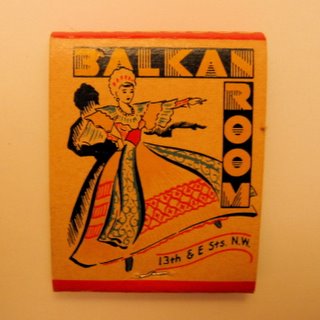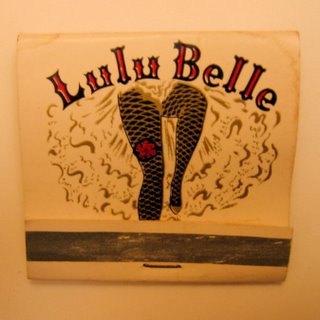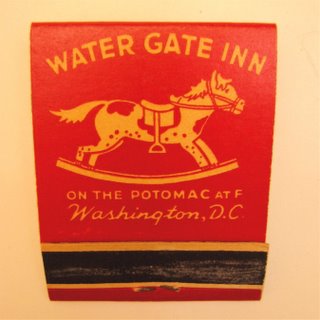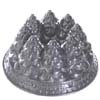No, "The Revels" is not the name of a new TV show or British pop group.
However, the Revels, which Zorg and I attended today in Tacoma's Rialto Theater, is not easy to explain. If any of what follows piques your interest, you might want to attend one of the performances Tuesday or Wednesday evening (
tickets available online) and see for yourself.
The Revels is a Solstice celebration performance grounded in Celtic tradition. It was created in 1971 by a group in Cambridge, MA, and has since taken root in
eight other urban areas in the US, including
The Puget Sound Revels, based in Tacoma.
Each city's Revels does its own programming, but I gather that most of them follow the tradition of changing the era and the setting of the Revels each year. This year the Puget Sound Revels is set in Elizabethan England, with a humorous and charming plot involving Shakespearian actor Will Kemp and Queen Elizabeth.
What makes the Revels particularly difficult to describe is that each of the songs, dances, and sketches it comprises is of keen significance to aficionados of English folk traditions, but pretty much obscure to anyone outside those traditions.
I realized this when, as we were leaving the theater, Zorg said he'd enjoyed the show but could have done without the monotonous dance, performed in near darkness, by shadowy figures wielding antlers. For much of the dance, they'd simply plodded in a circle, breaking the formation twice to create opposing lines and solemnly clash antlers.
"Good grief, that was the
Abbots Bromley Horn Dance!" I shrieked. "I've waited 20 years to see that done!" What was monotonous and dim to him had been mystical and enchanting to me, because I know quite a bit about English folk dancing and the 20th century folk dance revival that rescued the traditions from near extinction. The Abbots Bromley Horn Dance, first described in writings in 1226 (that is
not a typo), is still performed by a particular family in Abbots Bromley using a set of horns that include antlers that have been carbon-dated to the 11th century. If you go to Abbots Bromley on Wakes Monday in September, you can see the six Deer-men, a Fool, a Hobby Horse, a Boy Hunter, and the Man-Woman (Maid Marion) dancing to
this haunting tune.
The Revels program summarized Abbots Bromley in a sentence or two, providing little context for the outsider. Similarly, only one of the songs performed ("Lord of Dance") would be familiar to a general audience. With material this obscure, the Revels must depend on theatrical and musical talent to reach beyond the cognoscenti. While the Puget Sound troup offers superb musicians (both brass and strings) and some notable singers, the staging and lighting are undistinguished and the acting (though delightful in the "King George and the Dragon" vignette), uneven.
By involving the audience in the singing of rounds, bringing performers in along the aisles of the theater, and having several actors address the audience directly, the company makes it very clear that the Revels aims to create a sense of community. But, at least at the performance I attended, the audience, while willing, simply isn't equipped to play its part.
I'd be curious to see how the magic happens for the Revels in other cities. In the meantime, I'd recommend the Puget Sound Revels as very special holiday treat for those of you already drawn to Celtic traditions and solstice celebration.























